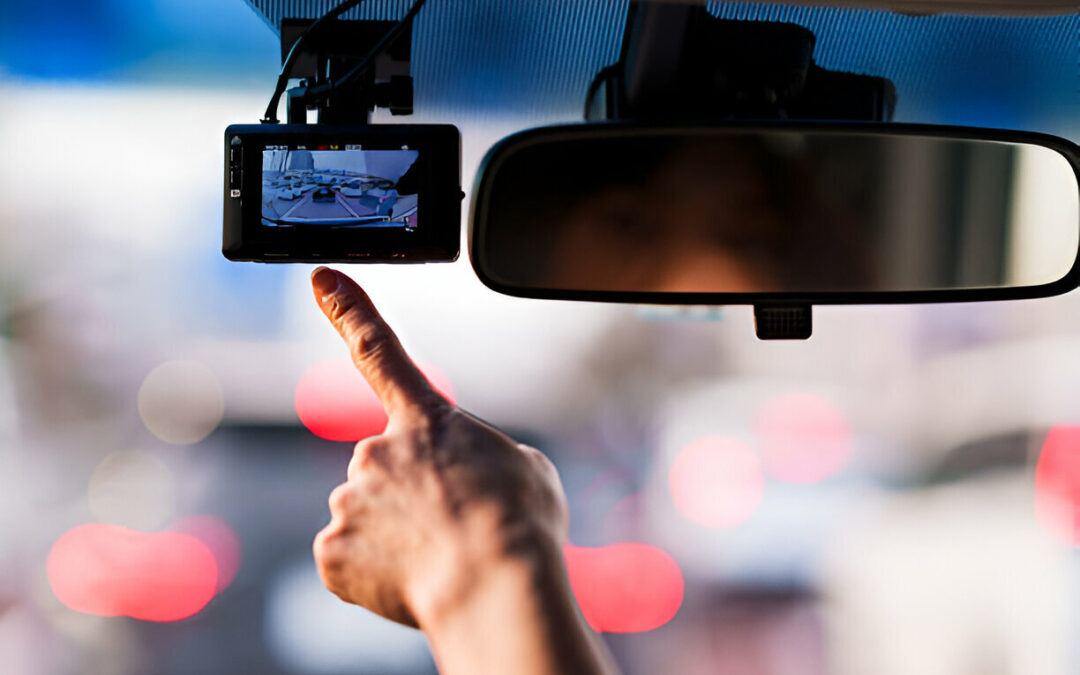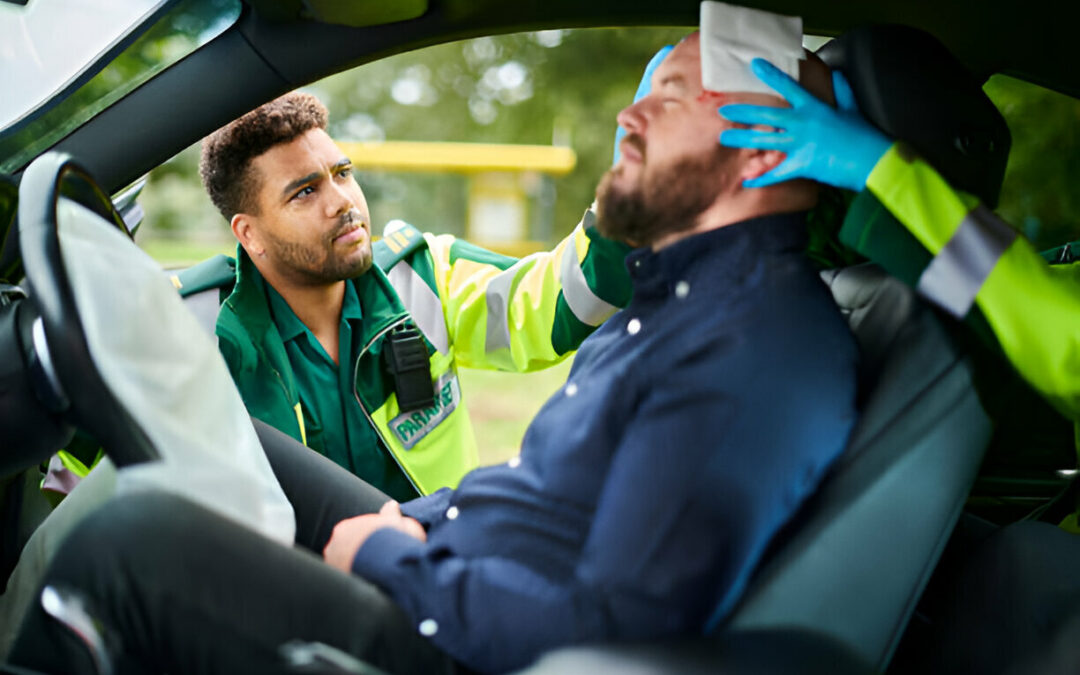You’re driving down the street, minding your own business, when all of a sudden another driver slams into you. Or perhaps you’re walking in the mall and the next thing you know you’re on the ground with a broken wrist because of a slippery floor with no caution sign. Whatever your situation, if you sustain an injury because of someone else’s actions or negligence you need to know the statute of limitations in Florida so that you can get the compensation you need to in order to recover.
Whether you’re aware or not, after sustaining an injury where someone else is at fault, you only have a certain amount of time to file a lawsuit in civil court against the at-fault party. This deadline is known as the statute of limitations.
In this blog post, you’ll learn about how long you have to file a lawsuit for personal injury in Florida and some exceptions to the rule as well as other mitigating factors.
What Is the Statute of Limitations in Florida for Personal Injury?
Every state has a statute of limitations for personal injury cases, and Florida is no different. In Florida, you have four years after the date of your accident to file a lawsuit in civil court. After four years have passed, you can still file a lawsuit, but the courts probably will refuse to hear it.
It’s important to seek medical attention after an injury, no matter its level of severity. In some cases, you may be able to determine how bad your injuries are in the months following your accident, making a lawsuit easier to pursue. However, in some instances, the extent of your injuries might take more time to discover. When this happens, it’s important to document when you started to feel the effects of your injuries. You may be able to get an extension on the statute of limitations.
No-Fault Car Insurance, Personal Injury Protection, and Civil Lawsuits
If your injury occurs during a car accident, some different factors come into play to determine whether you can file a civil suit for damages. Florida follows a no-fault system, which means that in auto accidents each driver’s own insurance policy—specifically the personal injury protection—will pay for certain things like medical expenses and loss of income.
You cannot hold the other driver liable after an auto accident unless you sustain “serious injury,” which includes:
- Permanent disability
- Significant scarring or disfigurement
- Significant and permanent loss of bodily function
The types of injury that the court considers “serious” is subject to interpretation, so it’s absolutely critical to consult with a personal injury attorney to see if you have a case.
Want to make sure you can file your lawsuit before the statute of limitations in Florida runs out?
If you’ve been injured because of the actions of someone else, we want to help. Contact the attorneys at Pacin Levine, P.A. today. We never charge unless we recover for you. Got any pressing questions? Use our chat option in the lower right corner of your screen to talk to us now.












